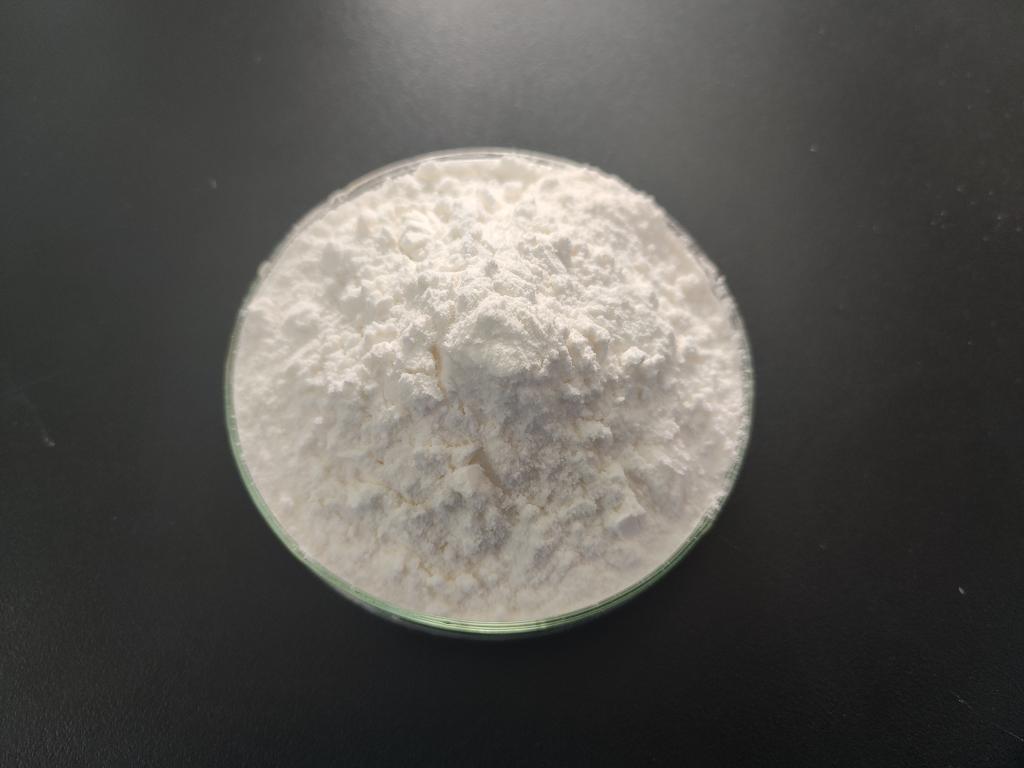Tel:+8618231198596

News
 CONTACT
CONTACT
 CONTACT
CONTACT
- Linkman:Linda Yao
- Tel: +8618231198596
- Email:linda.yao@dcpharma.cn
- Linkman:CHARLES.WANG
- Department:Overseas
- Tel: 0086 0311-85537378 0086 0311-85539701
News
Current Position:
Home >
News
>The impact of ε-Polylysine hydrochloride on the nutritional value of preserved foods
The impact of ε-Polylysine hydrochloride on the nutritional value of preserved foods
TIME:2024-08-22
Understanding ε-Polylysine Hydrochloride
ε-Polylysine hydrochloride is a polycationic peptide produced by fermentation of the bacterium Streptomyces albulus. It is a linear polymer of L-lysine units linked by ε-amino and α-carboxyl groups. ε-PL is recognized as safe by regulatory agencies and is used as a food preservative in various countries, including the United States and Japan.
Nutritional Value of Preserved Foods
Preserved foods are often fortified or treated to maintain or enhance their nutritional value. Common methods include the addition of vitamins, minerals, and antioxidants. The nutritional value of preserved foods can be affected by various factors, including the preservation method itself.
Impact of ε-Polylysine Hydrochloride
Safety and Toxicity:
ε-PL is considered safe for consumption and has a low toxicity profile. It is broken down into lysine, an essential amino acid, in the digestive tract.
There is no evidence to suggest that ε-PL interferes with the absorption of nutrients or causes adverse effects on human health.
Nutrient Stability:
ε-PL does not directly affect the stability of nutrients in preserved foods. However, by inhibiting microbial growth, it can indirectly preserve the nutrient content by preventing spoilage and degradation.
For example, in dairy products, ε-PL can prevent the growth of bacteria that would otherwise degrade proteins and vitamins.
Interaction with Nutrients:
ε-PL does not interact with most nutrients in a way that would significantly alter their bioavailability or nutritional value.
Some studies suggest that ε-PL may interact with certain ions and molecules, but these interactions are unlikely to have a significant impact on the overall nutritional value of foods.
Enhancement of Nutritional Value:
ε-PL can indirectly enhance the nutritional value of preserved foods by extending their shelf life, thus reducing the need for more aggressive processing methods that might degrade nutrients.
The use of ε-PL can also reduce the need for other preservatives that may have a negative impact on nutrient content or consumer acceptance.
Considerations and Future Directions
While ε-PL is generally considered safe and has minimal impact on the nutritional value of preserved foods, ongoing research is needed to fully understand its long-term effects and interactions with various food components. Some key considerations for future research include:
Long-Term Effects:
Further studies are needed to assess the long-term effects of ε-PL on human health, including its impact on gut microbiota and immune function.
Synergistic Effects:
Investigating the synergistic effects of ε-PL with other preservatives or nutrients could provide insights into how these combinations affect the overall nutritional value of preserved foods.
Optimization of Use:
Optimizing the concentration and application methods of ε-PL to achieve maximum efficacy while minimizing any potential negative impacts on nutrient content.
Consumer Acceptance:
Understanding consumer perceptions and acceptance of ε-PL as a preservative in foods, especially in relation to its impact on nutritional value.
Conclusion
ε-Polylysine hydrochloride plays a crucial role in food preservation, offering a safe and effective means to extend the shelf life of various food products. Its impact on the nutritional value of preserved foods is minimal, with no evidence suggesting negative effects on nutrient stability or bioavailability. As research continues, ε-PL is likely to remain a valuable tool in the food industry, contributing to the safety and quality of preserved foods while maintaining their nutritional integrity.
- Tel:+8618231198596
- Whatsapp:18231198596
- Chat With Skype







